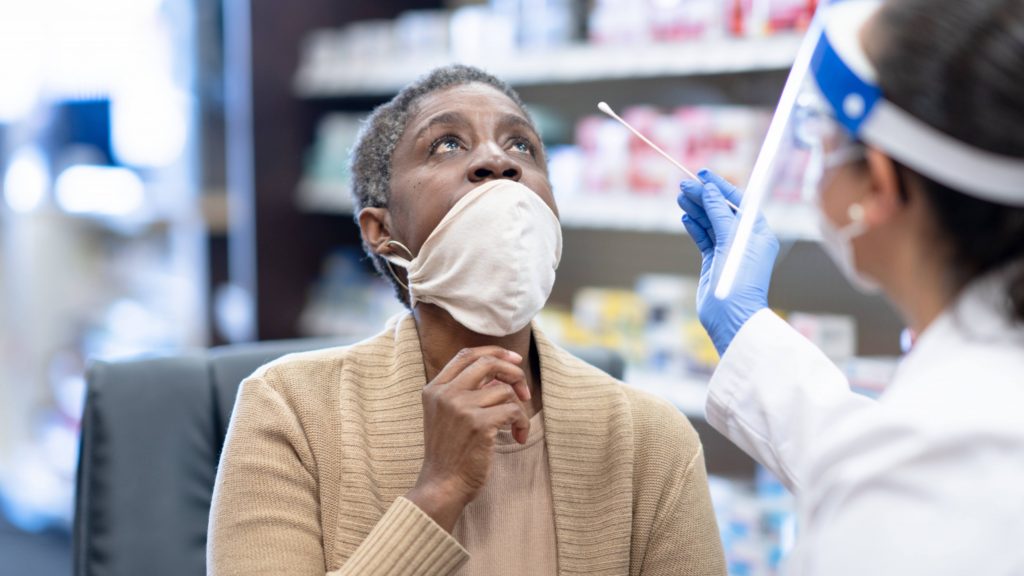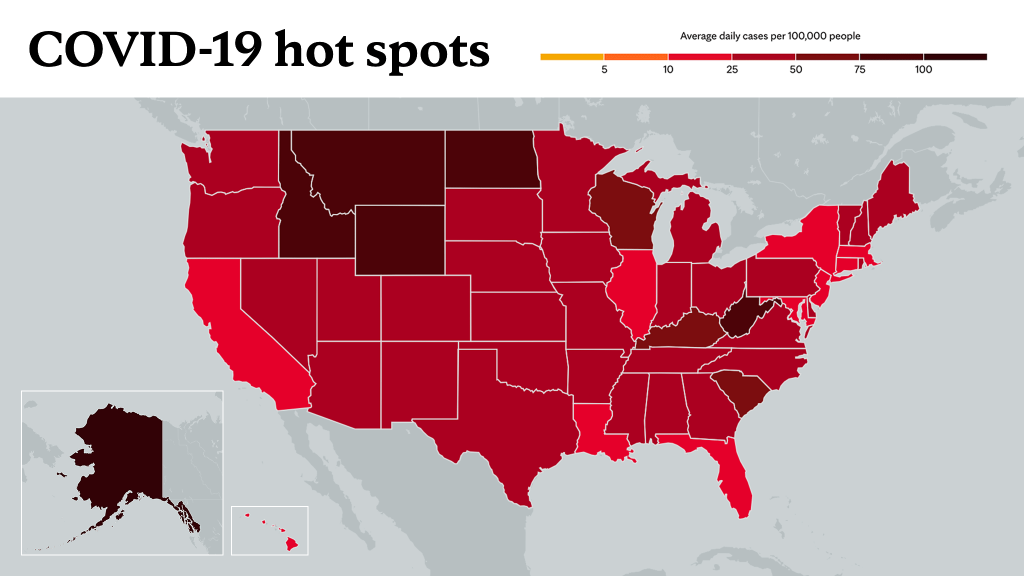
Since the beginning of the COVID-19 pandemic, health care professionals have worked hard to develop treatments for patients, and they have learned to manage the risk of hospitalization and death from COVID-19.
From protective measures to monoclonal antibody therapy and other treatments, Dr. Raymund Razonable, a Mayo Clinic infectious diseases expert, discusses the current treatments for COVID-19 and explains why prevention is the best medicine.
Watch: Dr. Razonable discusses current COVID-19 therapies and treatments.
Journalists: Broadcast-quality soundbites are available in the downloads at the end of the post. Please courtesy: "Raymund Razonable, M.D./Infectious Diseases/Mayo Clinic.”
"Therapies continue to evolve, and depending on the clinical condition of a patient and their risk factors, they may be eligible for treatment with monoclonal antibodies. Or for patients who require hospitalization, we have antiviral therapy in the form of remdesivir, as well as drugs that modulate the immune system or reduce inflammation in the form of steroids. But the best (medicine) really is prevention. Efforts to recommend vaccination to as many people as possible is undertaken in order for the transmission of COVID-19 to decline so that people don't need to go to the hospitals to get these treatments," says Dr. Razonable.
The COVID-19 treatments and therapies approved for use by the Food and Drug Administration are among the different layers of efforts to combat the COVID-19 pandemic. But prevention through vaccination is the best, says Dr. Razonable.
"If you don't allow the virus to circulate because the majority of the population is vaccinated, then that will be the best effort to stop this pandemic."
The treatments Mayo Clinic is using to treat COVID-19 infection have proven to be effective against all known variants of COVID-19, including delta. However, we know from experience with other infections that antiviral resistance will eventually happen, says Dr. Razonable.
"As long as the virus continues to circulate in the community, variants will emerge, and many of these variants will eventually develop resistance to many of the treatments that we have available. And this is the reason why vaccinate, vaccinate, vaccinate is what is being proposed from the public health standpoint so that we don't get to that stage," says Dr. Razonable.
Related posts:
- "Monoclonal antibody treatment combo reduces hospitalization among high-risk patients with COVID-19"
- "COVID-19 (coronavirus) drugs: Are there any that work?"
____________________________________________
For the safety of its patients, staff and visitors, Mayo Clinic has strict masking policies in place. Anyone shown without a mask was either recorded prior to COVID-19 or recorded in a nonpatient care area where social distancing and other safety protocols were followed.
Information in this post was accurate at the time of its posting. Due to the fluid nature of the COVID-19 pandemic, scientific understanding, along with guidelines and recommendations, may have changed since the original publication date.
For more information and all your COVID-19 coverage, go to the Mayo Clinic News Network and mayoclinic.org.
Learn more about tracking COVID-19 and COVID-19 trends.








